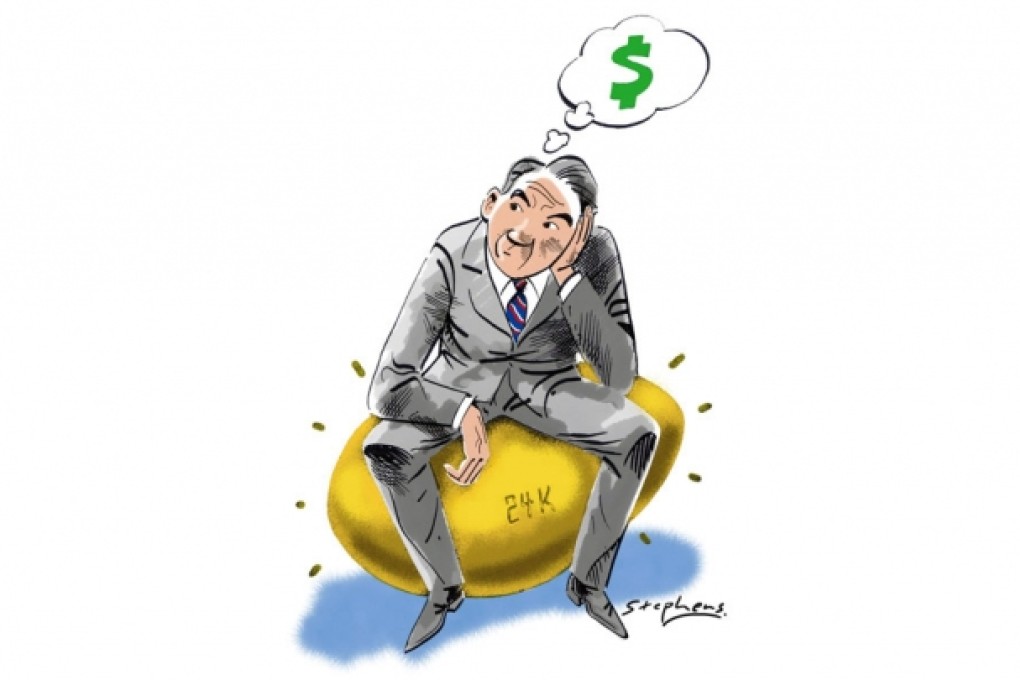Hong Kong has the tools to be a leading knowledge economy
Alan Lung says Hong Kong has all the necessary tools to become a leading 21st-century knowledge economy. All that's lacking is the imagination to strike out, and the realisation that it's possible

While there is a general consensus that Hong Kong needs to diversify from its heavy reliance on financial services and property, more discussion is needed on how to move forward. Certainly, there is no lack of entrepreneurism here.
Hong Kong has to look more closely at its long-term economic survival. The task is not straightforward. The city cannot rely on policies handed down from Beijing; they may not work in our free market economy. And, now the British are gone, it is not politically correct to copy the UK model, either.
To come up with our own answers, we need a good understanding of the economic transformation of the OECD countries. Then, we need to devise a strategy, and find support from the public and Legislative Council to make things happen.
The Organisation for Economic Co-operation and Development acknowledges the link between a knowledge-based economy and the creation of high-wage and high-quality jobs. This knowledge-based development strategy, however, seems to lie in the "I don't know that I know" portion of Hong Kong's collective intelligence. Hong Kong doesn't seem to recognise its own potential and has so far failed to find a strategy for economic diversification and the creation of high-end jobs expected by the younger generation.
Hong Kong has always been about free trade, a good legal system, and a strong belief in the free market principle. We have thrived on new ways of thinking and doing things. We have all the basic conditions needed to make things happen, yet we don't recognise that we are already a developed economy, and that the game-changing opportunity must be based on innovation, not suspicion of the unknown, indecision and inactivity.
A knowledge-based economy is not just about research and development, and the pursuit of knowledge in universities. It is also about making money.
Policymakers should note that South Korea has formally abandoned the "catch-up" mentality and is thinking of itself as a global leader of development. To achieve this, Seoul has decided it should not rely on the chaebols, the large family-owned conglomerates, for further economic development. Instead, it is trying to strengthen the innovative capacity of its small and medium-sized enterprises.